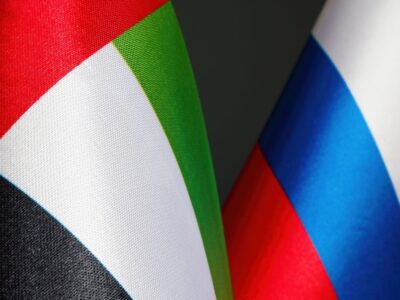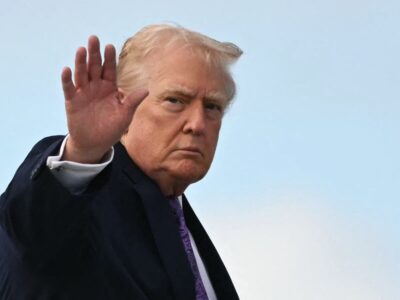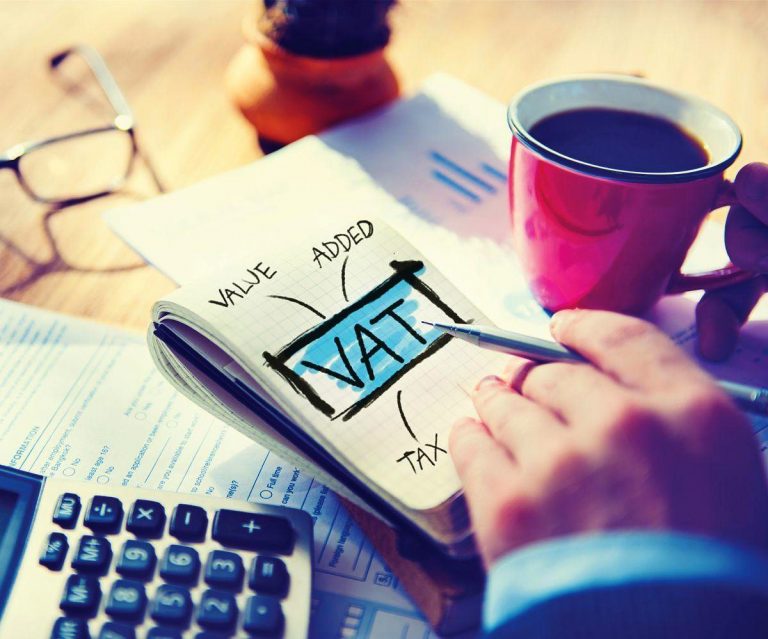The tax environment in the Gulf is changing rapidly as boosting tax take has become a high priority as a host of factors have meant they have to shift strategies to further diversify their economies away from oil.
Spurred by coronavirus, lower oil prices, and a bigger global shift to clean energy, Gulf governments are going from no tax to low tax and offering incentives to retain talent, analysis from consulting giant PwC’s Middle East Economy Watch finds.
“With careful design, tax policies can be used to encourage positive outcomes and can potentially provide a win for revenue generation, a win for cost of collection and, importantly, a win for competitiveness,” Mark Schofield, PwC Middle East Tax and Legal Services Leader wrote.
Efforts to diversify both economies and public finances are finally beginning to make progress, but the challenge is to prevent those two objectives from working against each other, PwC analysis reads.
Increasing tax take has become especially important for countries with lower fiscal space and reserves, including Oman and Bahrain, and to some extent Saudi Arabia.
“The tripling of VAT in Saudi Arabia in July 2020 and the launch of VAT in Oman in April should see the take double again to about $47 billion in 2021, nearly half of all GCC taxation,” the statement said.
Value-added tax (VAT) has been the main way that Gulf governments have introduced taxation. Currently it exists in three countries and the so-called “sin tax” excise duties are applied everywhere except Kuwait. In 2019, VAT and excise tax accounted for more than a quarter of total tax revenues at $24 billion.
In Saudi Arabia, expat levies phased in since 2017, raised around $15 billion in 2019.
While controversial, the levy aims to boost Saudisation in the private sector. The kingdom is actively working to boost the number of Saudis in the workforce and expand its private sector. The new plan Shareek seeks to add thousands of jobs to the private sector in the next five years.
VAT, excise duties and expat levies have been introduced as customs duties, which accounted for over a third of regional tax in 2016, have declined in nominal terms.
The GCC is still a “very low-tax environment by international standards” wrote Schofield. “OECD taxes, by comparison, average 34% of GDP and even KSA’s tax take is still in the bottom decile globally.”
And there are some risks that increasing cost and complexity of taxes could weigh on local businesses – especially during the pandemic – but governments have worked to negate adverse effects through temporary exemptions, he wrote.
 Mark Schofield, PwC Middle East Tax and Legal Services Leader
Mark Schofield, PwC Middle East Tax and Legal Services Leader
Maintaining top talent
Meanwhile, the Gulf has always sought to attract talent from around the globe by through low- or no-tax schemes, and now, governments have introduced a number of long-term visas, expanded routes to citizenship and worked to reform kafala – or sponsorship – systems that were long associated with abusive employment patterns.
Long-term residency visas have become common place in the Gulf, the most recent example being the UAE’s 10-year Golden Visa.
“As the region looks to diversify, it is better appreciating the value of expats as entrepreneurs, investors, consumers and, increasingly, as taxpayers,” Richard Boxshall, Middle East Senior Economist at PwC Middle East said.
 Richard Boxshall, Middle East Senior Economist at PwC Middle East
Richard Boxshall, Middle East Senior Economist at PwC Middle East
Labour reform developments in the GCC are indicative of a broader trend of rethinking the roles and rights of expatriates, who were long assumed to be temporary residents in a transitional phase of development, the analysis said.
“These changes in residency and labour rights have attracted and retained high-value expats, while at the same time improving the business environment. We expect these long-term residency schemes to continue being a major development in the coming years as we look to attract, and retain, the world’s top talent and investors,” he said.





